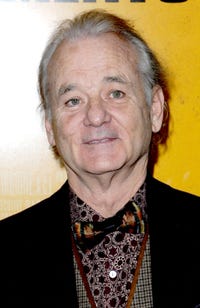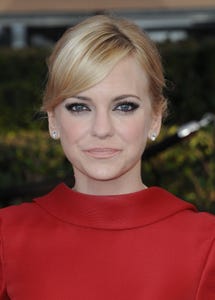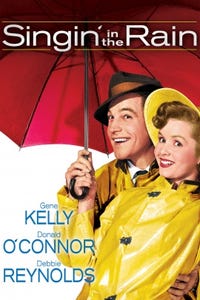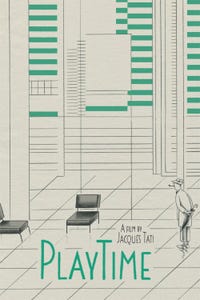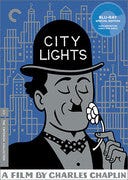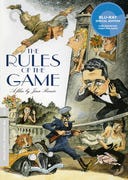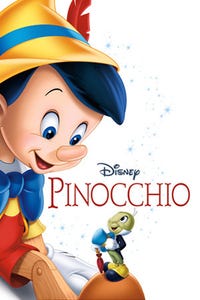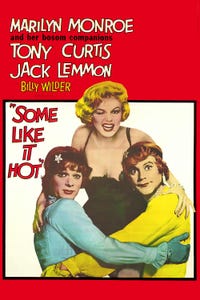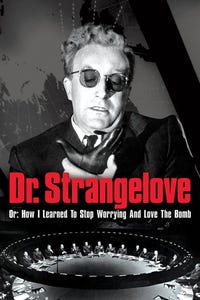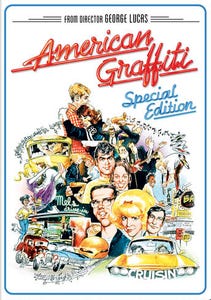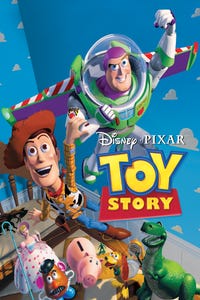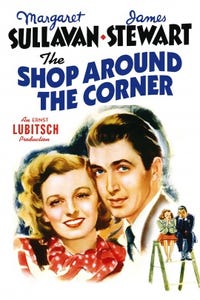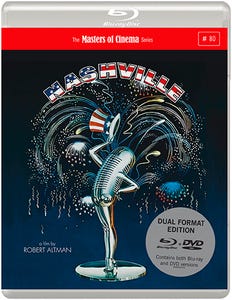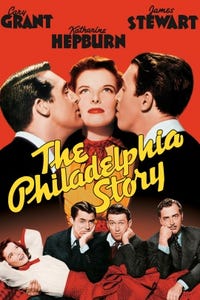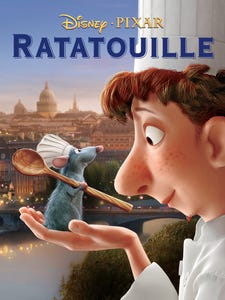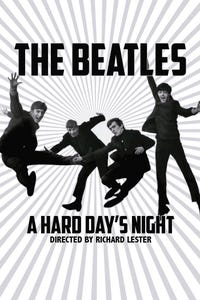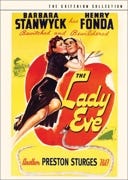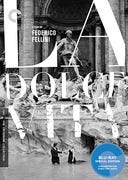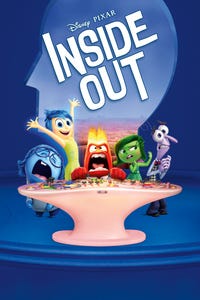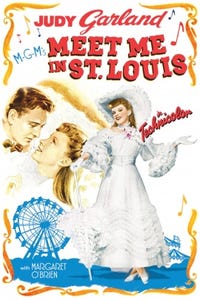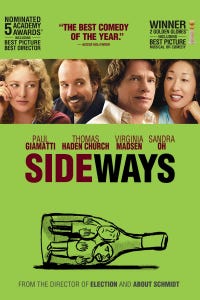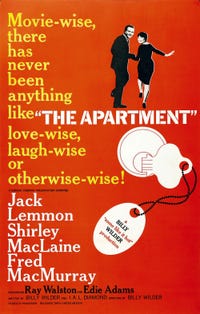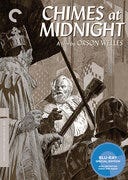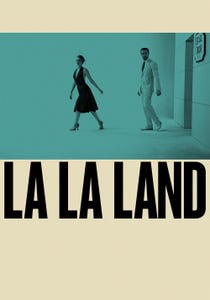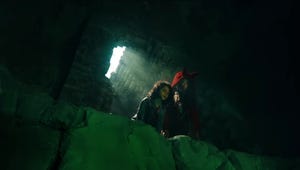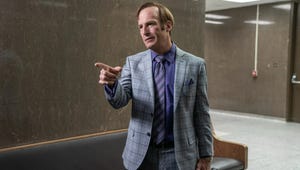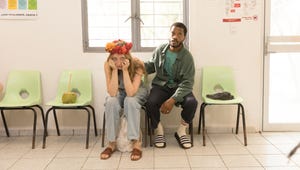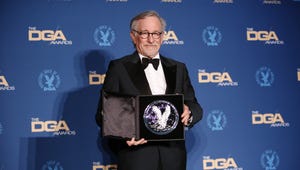- 2003
- R
- 1 h 42 m
- 2003
- R
- 1 h 42 m
Summary Unable to sleep, Bob (Bill Murray) and Charlotte (Scarlett Johansson), two Americans in Tokyo, cross paths one night in the luxury hotel bar. This chance meeting soon becomes a surprising friendship. Charlotte and Bob venture through Tokyo, having often hilarious encounters with its citizens, and ultimately discover a new belief in life'...
Directed By: Sofia Coppola
Written By: Sofia Coppola
- 2003
- R
- 1 h 42 m
- 2003
- R
- 1 h 42 m
Where to Watch
Summary Unable to sleep, Bob (Bill Murray) and Charlotte (Scarlett Johansson), two Americans in Tokyo, cross paths one night in the luxury hotel bar. This chance meeting soon becomes a surprising friendship. Charlotte and Bob venture through Tokyo, having often hilarious encounters with its citizens, and ultimately discover a new belief in life'...
Directed By: Sofia Coppola
Written By: Sofia Coppola
Where to Watch
Top Cast
42 Reviews
2 Reviews
0 Reviews
42 Reviews
2 Reviews
0 Reviews
503 Ratings
65 Ratings
33 Ratings
503 Ratings
65 Ratings
33 Ratings

